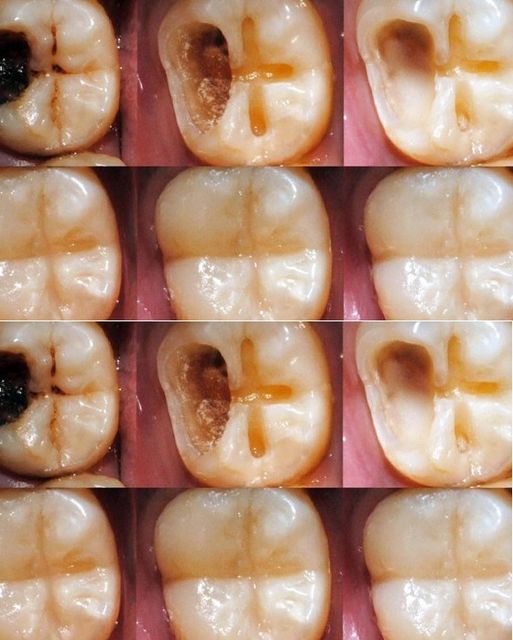Boost Mineral Intake: Cavities can signal a lack of essential minerals in your diet. Focus on eating mineral-rich foods such as seafood, organic dairy products, leafy greens, and incorporating healthy fats like coconut oil.
Limit Phytic Acid: Foods high in phytic acid, such as grains, beans, nuts, and seeds, can hinder mineral absorption. Reducing their intake may benefit your teeth.
Reduce Processed Foods:These can affect blood sugar levels and overall health, impacting oral wellness.
Adopt a Low Sugar and Starch Diet: Sugary and starchy foods can feed harmful bacteria in your mouth, producing acids that erode tooth enamel. If you do consume them, try to do so during main meals rather than snacking throughout the day to minimize exposure to these acids.
Oral Hygiene and Fluoride: Regular brushing with fluoride toothpaste, flossing, and using mouthwash can help protect your teeth. Fluoride helps remineralize enamel at the very early stages of decay.
Regular Dental Check-ups: Early detection of tooth decay and professional advice from a dentist are crucial for maintaining oral health.
Understanding Cavities and Their Causes:
Cavities form when the enamel is eroded away, leading to permanent damage. This process is influenced by diet, oral hygiene practices, fluoride exposure, and even genetics. Untreated cavities can lead to more severe dental issues, including abscesses.
Detecting Cavities:
Continue Reading in next page

